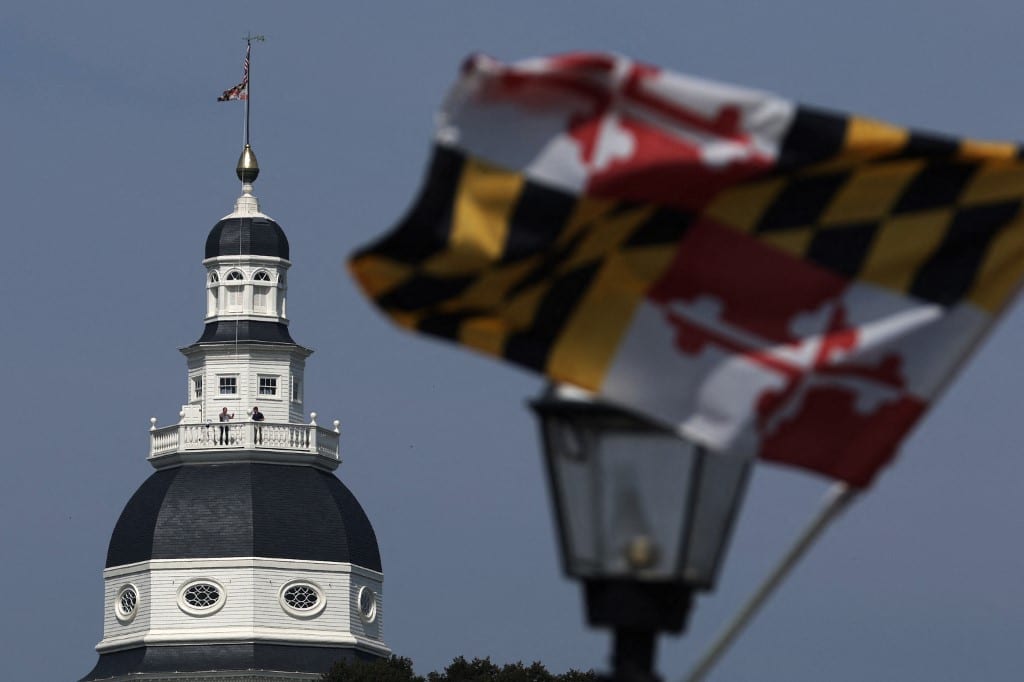
Maryland’s House of Delegates voted in favor of legalizing online casino gambling just days before the deadline. The bill will now advance to the Senate where an April 8th deadline looms.
Moving in the Right Direction
The primary sponsor of HB 1319, Delegate Vanessa Atterbeary, saw her iGaming bill pass the House by a 92-43 vote earlier this month, beating the deadline by just two days. The bill will now advance to the Senate where it will be discussed and the upper chamber has until April 8th to pass the legislation which, if successful, would go before the voters on November’s general election ballot.
Several amendments were added to the bill with one of the most notable being the creation of a Video Lottery Employee Displacement Fund, which would be used to find jobs for those who might lose theirs in the brick-and-mortar casinos if iGaming cannibalizes those positions.
The money would be used to supplement Maryland’s Future Fund, which uses revenue to fund Maryland’s schools while other government initiatives would also benefit. However, there has been tepid support in the Senate and its passage very much hangs in the balance.
Gaming Growth
The Maryland Lottery and Gaming Control Agency commissioned a study by The Innovation Group, and the report concluded that the state would generate $300 million in revenue by 2029 off of iGaming at a 45% tax rate.
“Currently, in the state of Maryland, there is illegal iGaming going on to the tune of about $200 million a year where individuals are playing where there are no safeguards on there,” Atterbeary said.
“It only makes sense for this committee and the General Assembly to regulate iGaming and capture that revenue we need and earmark it for the Blueprint,” Atterbeary also added.
Tiny Taco
Delegate Atterbeary’s online casino bill proposes a 55% tax on electronic games and a 20% tax on live dealer table games. License fees would run $1 million for a five-year duration and renewal fees would be equal to 1% of the operators’ average annual revenue for the preceding three years.
Up to 30 online casino gaming licenses would be available and granted by the Maryland State Lottery & Gaming Control Commission. The state’s retail casinos would be allowed up to three licenses and funding accounts by credit card is no longer an option.
State Senator Ron Watson, a proponent of the bill, referred to the potential revenue derived from iGaming as the “big enchilada.” However, Baltimore economist Anirban Basu of Sage Policy Group quipped, “My computation suggests it is a tiny taco — at best.”
Against the Odds
Mark Stewart, executive vice president and general counsel of The Cordish Cos., which operates Live! Casino and Hotel in Anne Arundel County was the only casino representative who spoke against the House bill.
“Many of those pushing the state to do iGaming are looking to make money off of it. There’s nothing wrong with that, it’s capitalism,” he said. “If iGaming passes, we’re a gaming company, we’ll do well financially. But despite our potential financial gain, we are asking you not to do iGaming, and that should speak volumes.”







